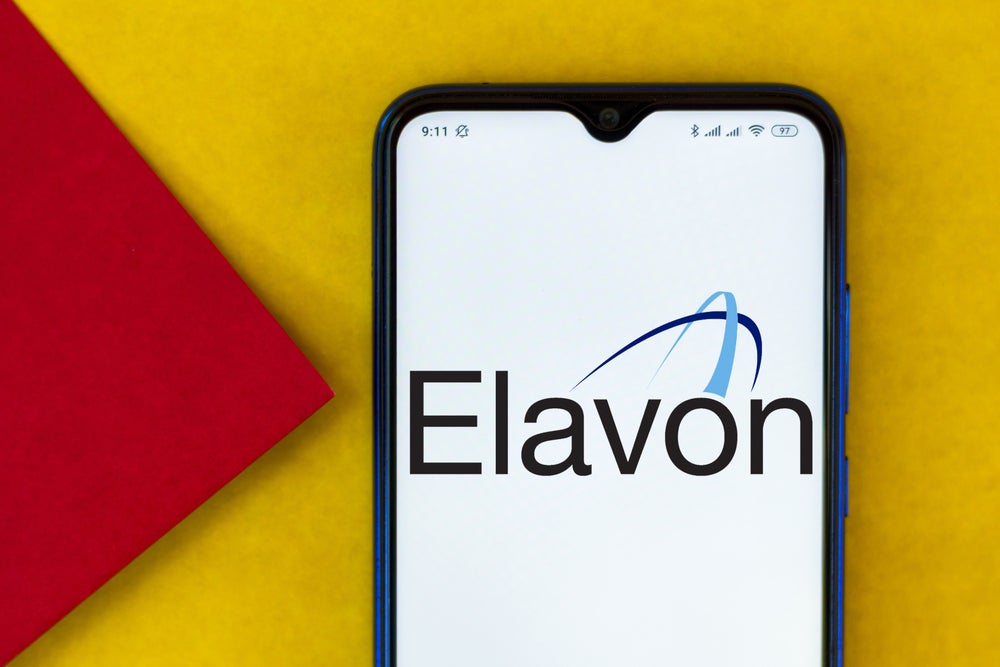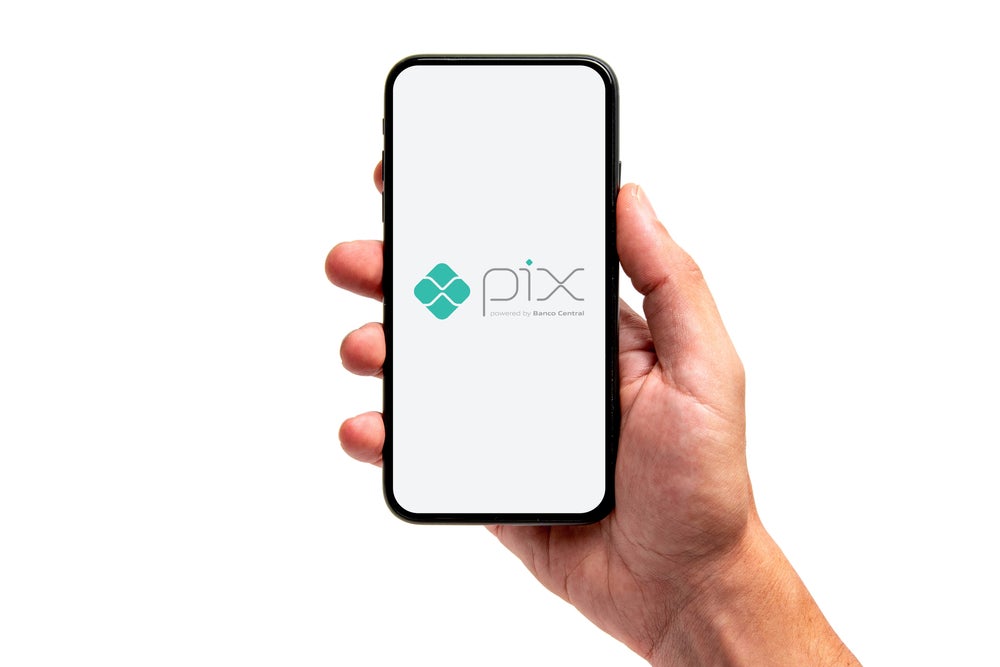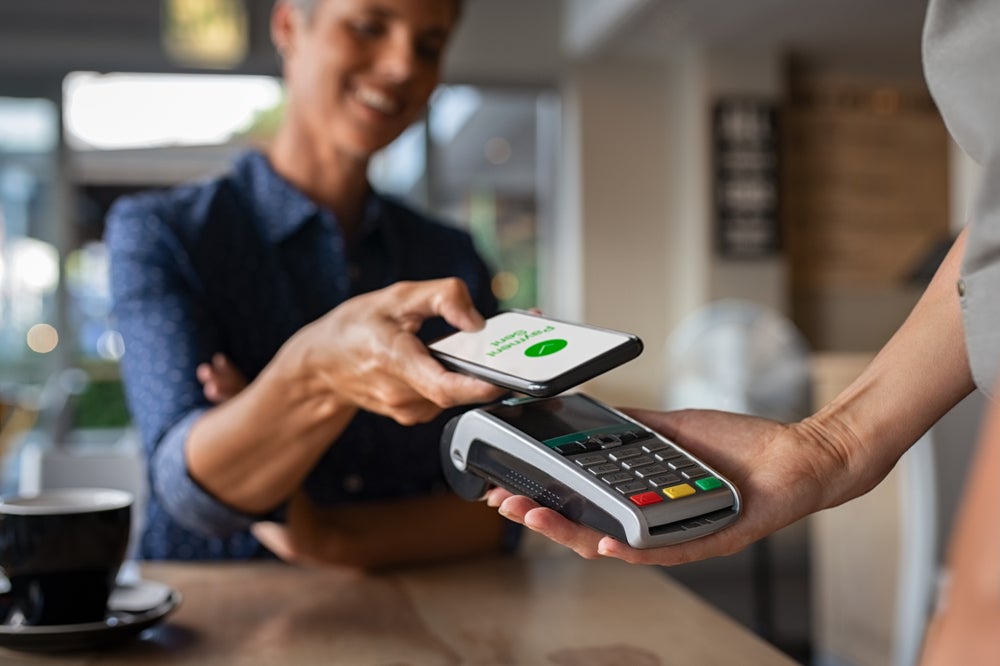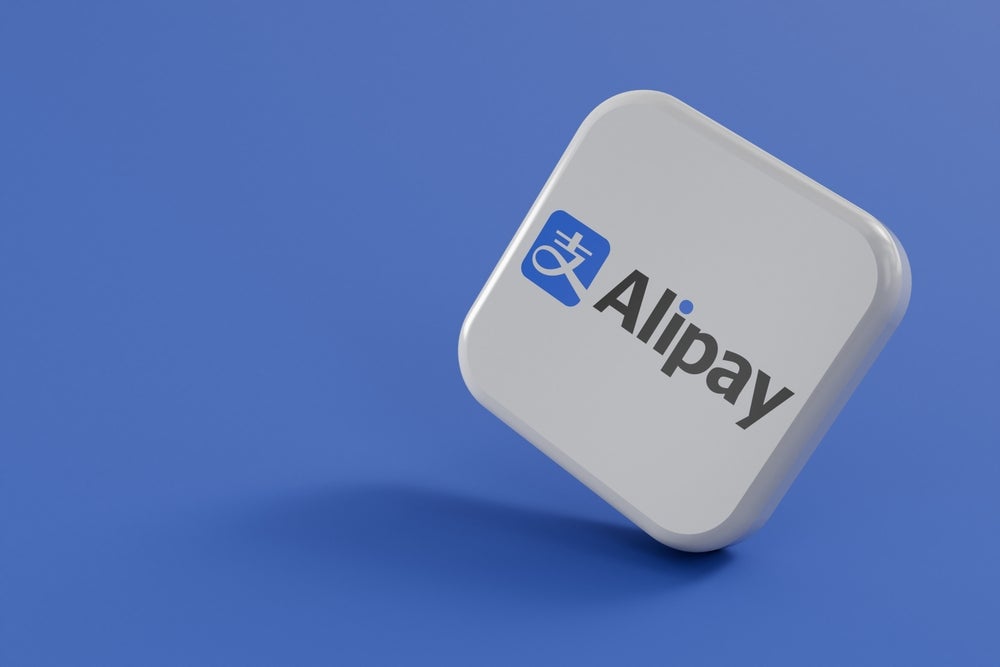Cash is the dominant instrument in Lebanon, with card penetration lower than in many of the country’s regional peers. Banking penetration is relatively low but rising, while contactless is also slowly gaining consumer attention – although high fees and poor infrastructure remain obstacles to widespread growth
Cash remains the preferred mode of payment in Lebanon, particularly in rural and suburban areas.
An inadequate payment infrastructure and transaction fees charged on card-based payments have restricted the growth of electronic payments in the country.
Payment card penetration in Lebanon was 45.8 cards per 100 individuals in 2015 – lower than in regional peers Iran (316), the UAE (147.3), Kuwait (108.3), Bahrain (106.6) and Saudi Arabia (82.9).

However, with the government’s financial inclusion initiatives and the adoption of advanced technologies such as EMV and contactless, penetration is expected to rise.
In December 2015, the government introduced a new system, allowing Lebanese residents to pay utility bills such as water, sewerage, gas, business licenses and property tax with a debit or credit card.
The percentage of the population aged 15 or above with a bank account rose from 37% in 2011 to 49.8% in 2015, according to the World Bank’s Global Findex survey. Rising banking penetration is anticipated to support the growth of debit cards in Lebanon.
How well do you really know your competitors?
Access the most comprehensive Company Profiles on the market, powered by GlobalData. Save hours of research. Gain competitive edge.

Thank you!
Your download email will arrive shortly
Not ready to buy yet? Download a free sample
We are confident about the unique quality of our Company Profiles. However, we want you to make the most beneficial decision for your business, so we offer a free sample that you can download by submitting the below form
By GlobalDataEmergence of contactless
Contactless technology is slowly gaining prominence in Lebanon. Creditbank offers contactless cards equipped with either Visa payWave or MasterCard PayPass technology. The bank also offers contactless stickers which can be attached to a mobile phone or identity card and used to make contactless payments.
Other banks, including Bank Audi and Blom Bank, also offer contactless cards in Lebanon.
Bank Audi launched contactless cards in 2013, and in June 2014 it partnered with Visa to launch debit cards with Visa payWave contactless technology.
Similarly, contactless technology is used for mobile payments. Bank Audi partnered with MasterCard to launch Tap2Pay-NFC Wearables in March 2015.

The bank offers NFC watches and bracelets, each allowing consumers to make up to 10 transactions for a total amount of $1,000 (LBP1.5m) per day.
In addition, it offers stickers which can be used to make contactless payments with non-NFC-enabled mobile phones.
E-commerce to support card payments
E-commerce grew from $133.5m in 2011 to $435.7m in 2015, at a review-period compound annual growth rate of 34.41%. Growth was mainly driven by the presence of secure electronic payment solutions.
Banks and payment providers in the country have also supported the growth of e-commerce by offering customized payment solutions.
For instance, Bank Audi partnered with MasterCard and Visa to launch security tools for online payments in March 2016. As part of this, the bank offers 3D-Secure and tokenization services. While the 3D-Secure service offers a password for online transaction, tokenisation replaces the cardholder’s 16-digit card number with a token number to be used for online transactions.
Bank Audi and Credit Libanais have introduced e-commerce programs in collaboration with leading online payment gateway Net Commerce.
Bank Audi offers the Audi e-payment internet gateway, providing a secure payment processing service for merchants. Similarly, Blom Bank offers the eBlom online payment gateway service for online shoppers.
Credit Libanais, in partnership with Net Commerce and the Ministry of Finance, also offers an e-service, enabling citizens to pay property tax online using Visa or MasterCard payment cards.







